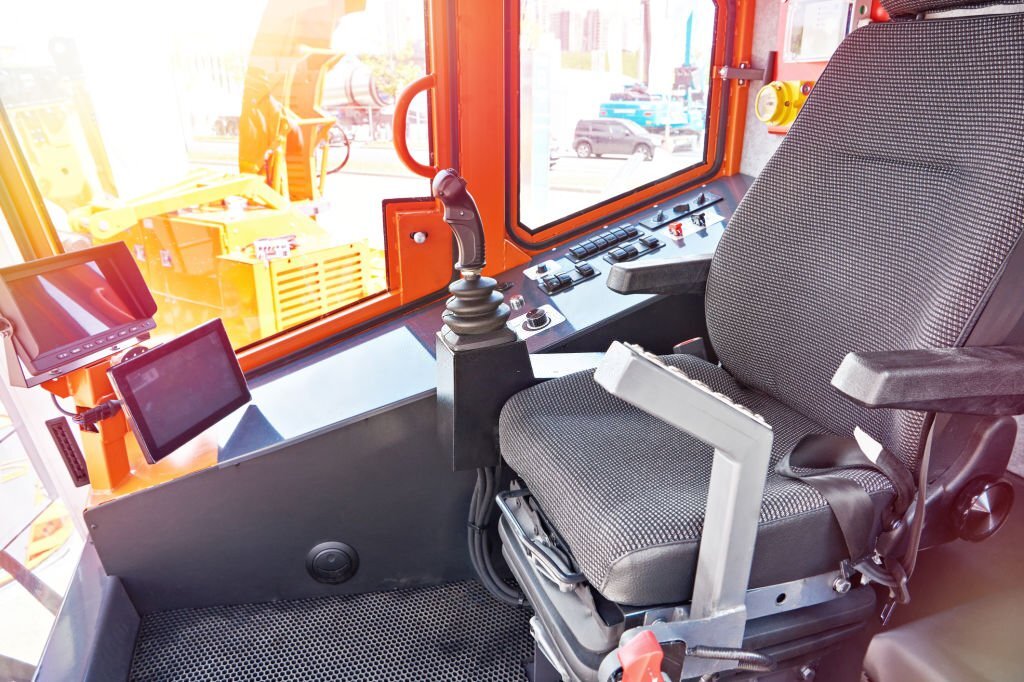
Introduction:
Trenchers are powerful machines used in heavy equipment operations for efficient excavation and utility installation projects. Operating trenchers require specialized skills and knowledge to ensure safety and optimal performance. Construction professionals must be aware of the essential training requirements and certifications necessary for trencher operators. This article explores the significance of proper training, certification, and adherence to operating guidelines to guarantee safe and efficient trenching practices in heavy equipment operations.
1. Operator Training Programs:
Operators must undergo comprehensive training programs specific to trenchers. These programs cover the proper operation of the machine, safety protocols, maintenance procedures, and troubleshooting techniques. Training ensures operators are proficient in handling trenchers and mitigating potential risks.
2. Industry-Recognized Certifications:
To meet industry standards and regulations, trencher operators may need to obtain industry-recognized certifications. Organizations such as the National Commission for the Certification of Crane Operators (NCCCO) and the International Union of Operating Engineers (IUOE) offer certifications that validate the competency and expertise of trencher operators.
3. Safety Guidelines and Regulations:
Training should include detailed safety guidelines and regulations to ensure operators are well-informed about potential hazards and safe practices. Understanding and adhering to safety guidelines minimize accidents and protect both operators and others on the worksite.
4. Hands-On Practical Experience:
Hands-on practical experience is a crucial component of operator training. This practical training allows operators to familiarize themselves with the trencher’s controls, practice safe operating techniques, and gain confidence in real-world scenarios.
5. Ongoing Refresher Courses:
Technology and best practices in trencher operation may evolve over time. Ongoing refresher courses ensure operators stay up-to-date with the latest advancements, safety protocols, and industry trends.
6. Site-Specific Training:
Trenching projects may vary in complexity and environmental factors. Site-specific training ensures operators are equipped to handle the unique challenges presented by each worksite, such as terrain conditions and underground utilities.
7. Emergency Response Training:
Operators should receive training on emergency response procedures to handle unexpected situations effectively. This includes protocols for shutting down the trencher in emergencies and addressing potential accidents.
8. Operator Evaluation:
After completing training, operators should undergo evaluations to assess their competence and understanding of trencher operation. Evaluations help identify areas that may require further improvement or additional training.
9. Compliance with Regulatory Bodies:
Compliance with local, state, and federal regulations regarding trencher operation is essential. Construction companies should ensure that their operators meet all relevant licensing and certification requirements.
10. Encouraging a Safety Culture:
Fostering a safety-first culture within the construction company reinforces the importance of proper training and adherence to safe practices. Prioritizing safety at all levels of the organization helps create a safer working environment for everyone involved.
Conclusion:
Proper training and certifications are indispensable for operating trenchers in heavy equipment operations. By equipping operators with the necessary skills, knowledge, and certifications, construction professionals ensure safe and efficient trenching practices. Compliance with industry standards and adherence to safety guidelines mitigate risks and contribute to the overall success of trenching projects. Emphasizing a safety-first culture reinforces the importance of ongoing training and fosters a work environment committed to safe trencher operation in heavy equipment operations.

